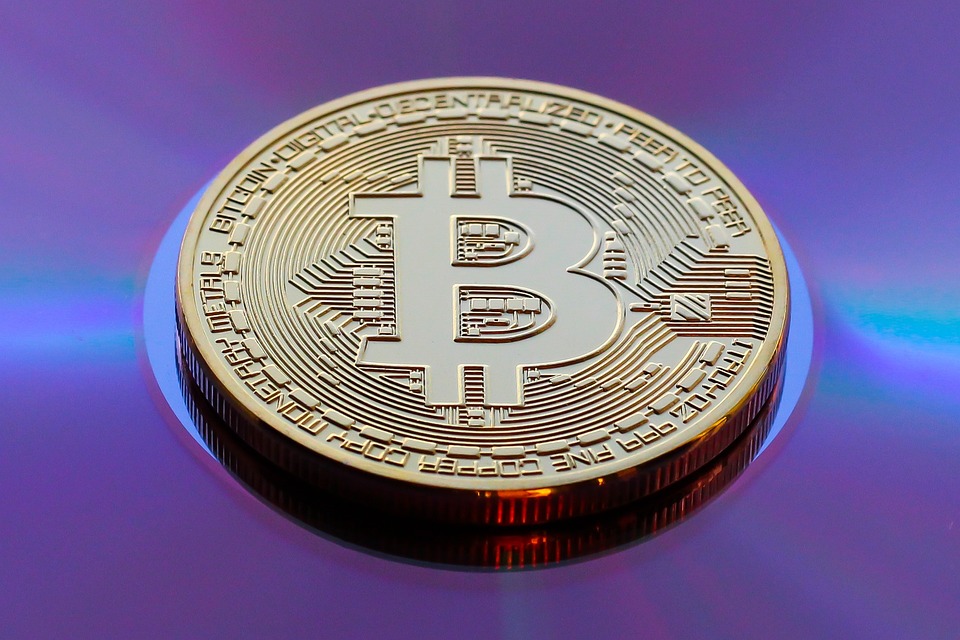Bitcoin’s Potential as a Global Reserve Currency: A New Paradigm?
In recent years, Bitcoin has gained significant attention and adoption as a digital currency, but some experts are now speculating that it could potentially become a global reserve currency, revolutionizing the way countries manage their finances and conduct international trade. This idea may seem far-fetched, but it’s not entirely unfounded. In this article, we’ll explore the potential benefits and challenges of Bitcoin as a global reserve currency and examine whether it’s a feasible scenario.
What is a Global Reserve Currency?
A global reserve currency is a currency that is widely accepted and held in reserve by central banks and governments around the world. The current global reserve currency is the US dollar, which has been the dominant reserve currency since the Bretton Woods system was established in 1944. A global reserve currency provides a stable store of value, a medium of exchange, and a unit of account for international transactions.
Why Bitcoin as a Global Reserve Currency?
There are several reasons why Bitcoin could potentially become a global reserve currency:
- Decentralization: Bitcoin is a decentralized currency, meaning that it’s not controlled by any government or institution. This decentralization could make it an attractive alternative to traditional reserve currencies, which are often tied to specific governments or economies.
- Limited supply: Bitcoin has a fixed supply of 21 million coins, which could help to stabilize its value and prevent inflation.
- Security: Bitcoin’s decentralized nature and use of advanced cryptography make it a secure means of transaction.
- Global accessibility: Bitcoin can be transferred and stored electronically, making it easily accessible to anyone with an internet connection.
- Transparency: Bitcoin transactions are recorded on a public ledger, known as a blockchain, which provides transparency and accountability.
Benefits of Bitcoin as a Global Reserve Currency
If Bitcoin were to become a global reserve currency, it could have several benefits:
- Increased stability: A decentralized reserve currency like Bitcoin could reduce the risk of currency manipulation and fluctuations, leading to increased stability in international trade and finance.
- Improved transparency: The transparency of Bitcoin transactions could help to reduce corruption and increase accountability in international transactions.
- Increased access to finance: A global reserve currency like Bitcoin could provide greater access to finance for individuals and businesses in developing countries, where traditional financial systems may be underdeveloped.
- Reduced transaction costs: Bitcoin transactions are often faster and cheaper than traditional international transactions, which could reduce transaction costs and increase trade efficiency.
Challenges and Concerns
While the idea of Bitcoin as a global reserve currency is intriguing, there are several challenges and concerns that need to be addressed:
- Regulatory uncertainty: The regulatory environment for cryptocurrencies like Bitcoin is still evolving and uncertain, which could create challenges for governments and institutions that seek to use it as a reserve currency.
- Volatility: Bitcoin’s value can be highly volatile, which could make it difficult to use as a stable store of value.
- Lack of widespread adoption: While Bitcoin has gained significant adoption, it is still not widely accepted as a means of payment or held as a reserve currency by central banks and governments.
- Security risks: As with any digital currency, there are risks of hacking and cyber attacks, which could compromise the security of Bitcoin transactions.
Conclusion
While the idea of Bitcoin as a global reserve currency is still speculative, it’s not entirely unfounded. If the regulatory environment becomes more certain, and the adoption of Bitcoin increases, it could potentially become a viable alternative to traditional reserve currencies. However, there are several challenges and concerns that need to be addressed before Bitcoin can be considered a serious contender for global reserve currency status. Ultimately, the future of Bitcoin as a global reserve currency will depend on its ability to overcome these challenges and provide a stable, secure, and transparent means of transaction.
